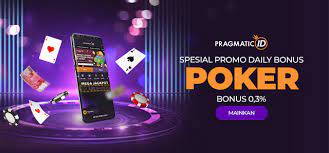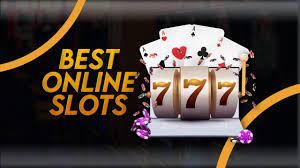The Joker card is a unique and versatile card found in many traditional card decks, often playing a pivotal role in various games. While the Joker itself does not hold a numerical value in standard card games, its significance and uses can vary jokercard balance depending on the rules of the game being played. This article delves into the history, symbolism, and different applications of the Joker card across various games.
A Brief History
The origins of the Joker card date back to the mid-19th century in the United States, evolving from the deck of cards used in the game of Euchre. Initially introduced as a trump card, the Joker gained popularity quickly, becoming a staple in most standard 52-card decks. Its design has evolved over time, with various artistic interpretations, often depicting a whimsical character akin to a court jester or clown.
Symbolism of the Joker
The Joker card is rich in symbolism, often representing unpredictability and chaos. In many cultures, the jester is seen as a figure who can navigate the complex societal rules, using humor and cunning to reveal truths that others might overlook. This duality is reflected in the Joker card, which can serve both as a wild card, representing any card the player desires, and as a means to disrupt the standard flow of gameplay.
Uses in Card Games
1. Wild Card Functionality
In many games, the Joker acts as a wild card, allowing players to use it as a substitute for any other card. This flexibility can significantly alter the outcome of the game, providing a strategic advantage to those who possess it. Games such as Poker, Rummy, and Crazy Eights often incorporate the Joker in this manner, adding an element of surprise and strategy.
2. Unique Rules and Variants
Different games have their own specific rules regarding the Joker. For instance:
- Poker: In some variations of Poker, Jokers can be used as wild cards, while in others, they are omitted entirely.
- Rummy: The Joker can be used to complete melds or sets, enhancing the player’s ability to achieve their objective.
- Uno: While not a traditional card game, the Uno deck includes “Wild” cards that function similarly to Jokers, allowing players to change the game’s color and rules.
3. As a Game-Changer
In games where the Joker is used, it often serves as a game-changing element. Players may hold onto their Jokers until the perfect moment, allowing them to dramatically alter their chances of winning. The psychological aspect of holding a Joker can also influence opponents’ strategies, creating a layer of tension and anticipation.
Cultural Impact and Popularity
The Joker card has transcended the realm of card games, finding a place in popular culture and media. It has been featured in movies, television shows, and literature, often symbolizing chaos, rebellion, or trickery. Iconic characters like the Joker from the DC Comics universe embody this spirit, making the Joker card a recognizable and enduring symbol.
Conclusion
The Joker card is more than just a simple addition to a deck of playing cards; it represents the unpredictability and complexity of both card games and life itself. Its unique versatility allows for endless possibilities in gameplay, making it a beloved element for card enthusiasts around the world. Whether you’re strategizing to outsmart your opponents or simply enjoying a casual game with friends, the Joker card remains a fascinating and integral part of the card-playing experience.


